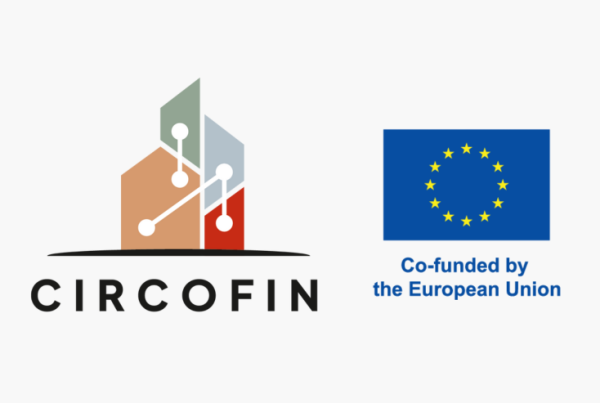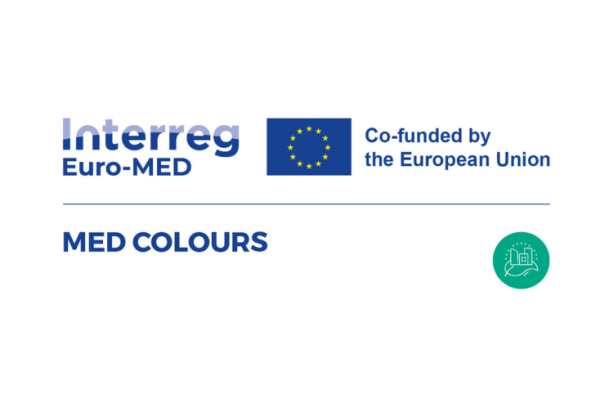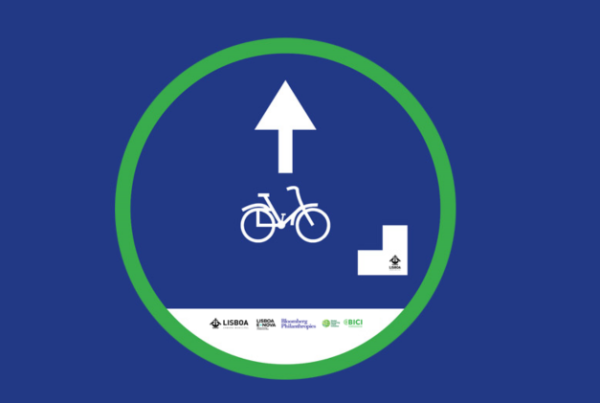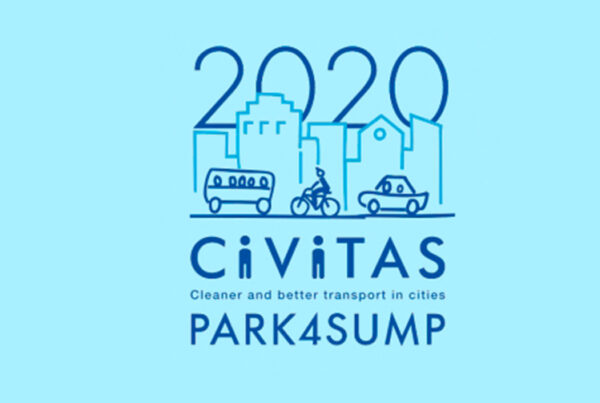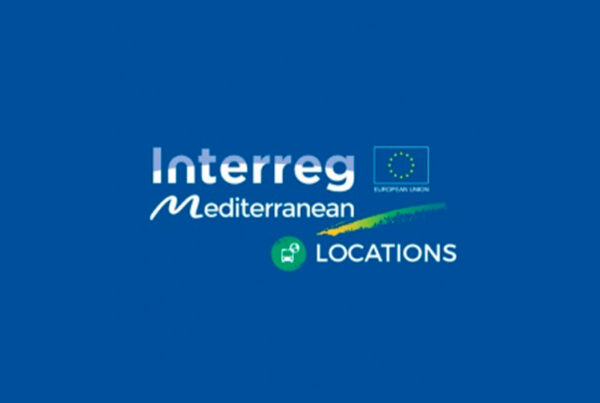In Portugal, the construction sector accounts for a significant share of natural resource consumption and waste generation. It is estimated that residential and service buildings are responsible for 20% of the country’s energy consumption and 6.7% of its water use. Furthermore, the sector generates approximately 7.5 million tonnes of solid waste annually, with construction and demolition of mineral waste representing 17% of all non-urban waste. These figures highlight both the need and the potential for circular economy solutions in the construction sector.
Since the construction sector consumes vast amounts of raw materials, it is urgent to adopt circular approaches, focusing on greater use of secondary materials and reducing waste from construction and demolition.
The CirCoFin project, approved under the Horizon Europe Programme, brings together four cities and regions to promote the circular economy in the construction and building sector through the Circular Construction Hubs (CCH).
Although Circular Construction Hubs (CCH) already exist in Europe, they have not achieved their replication goals, despite being an effective solution for the transition towards circularity in construction materials.
In this context, Munich, Copenhagen, Scotland, and Lisbon will demonstrate that CCHs can become large-scale bankable projects and offer lucrative investment opportunities for financiers. In Lisbon, the local implementation will be led by Lisboa E-Nova and Gebalis.
To achieve this, four CCHs will be created, encompassing physical design, digital infrastructure, logistics, business models, operational models, and financial models, involving the development of technical, commercial, and financial plans with a total investment exceeding 80 million euros. Additionally, the goal is to create a physical materials bank and digital infrastructures that serve as a resource base for the EU taxonomy requirements for construction.



